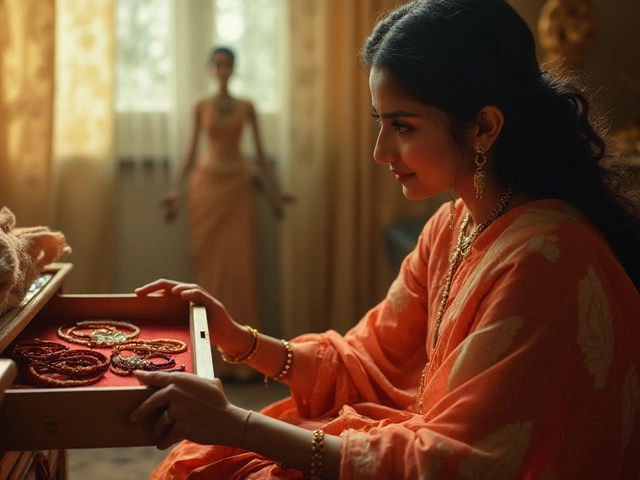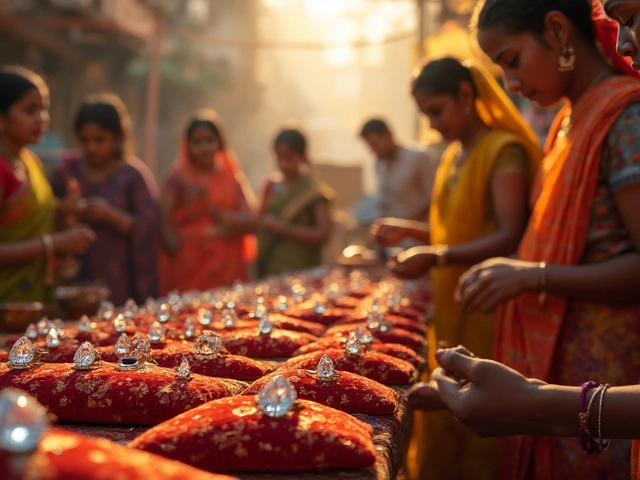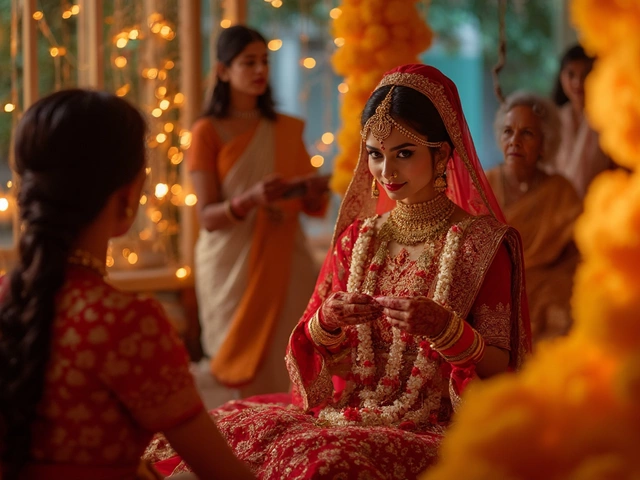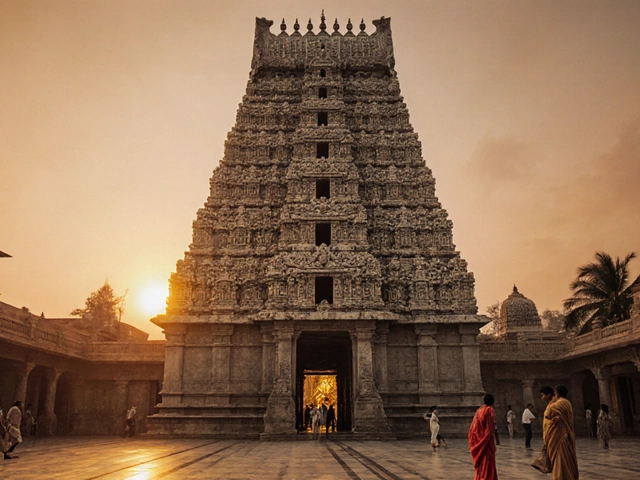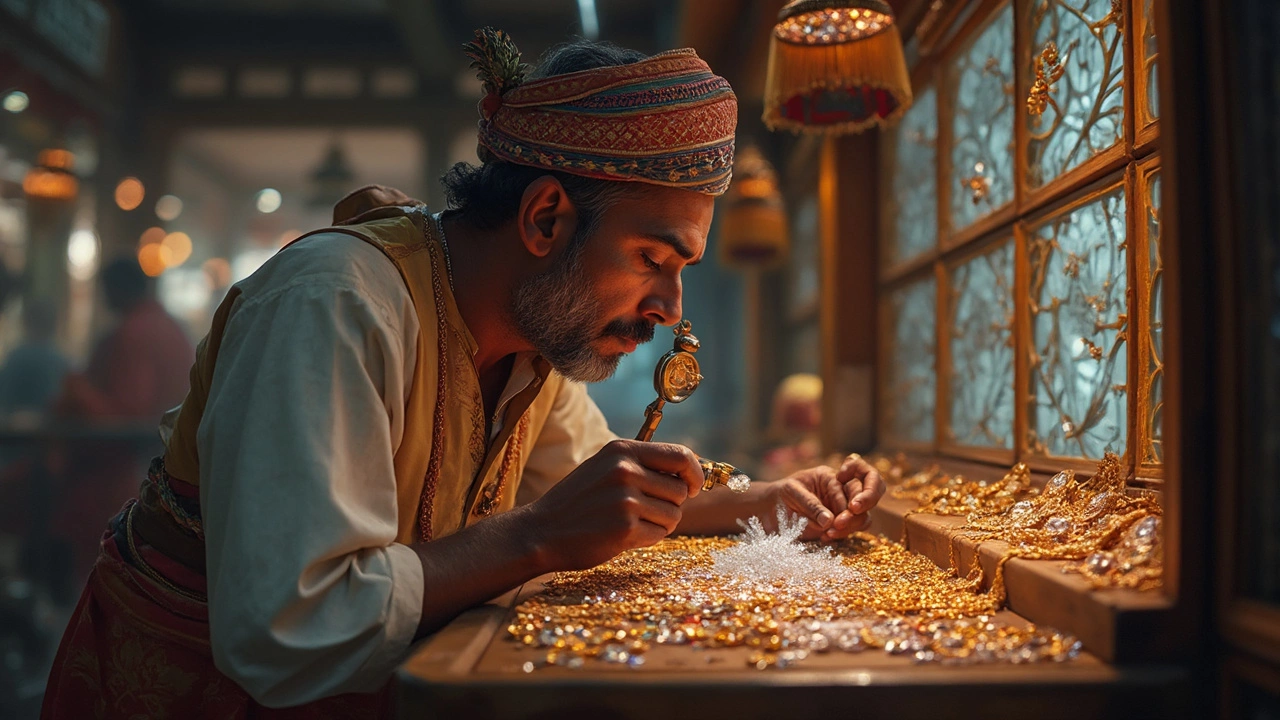
So, you're in the market for a diamond ring, and someone’s told you about GIA certification. You're probably wondering if it's just another way to make you fork over more cash. It's okay, we've all been there. First, let's break down what GIA certification actually is and why it might matter more than you think.
The Gemological Institute of America (GIA) isn't just some random organization. It's like the gold standard (pun intended) of diamond grading. If diamonds were celebrities, GIA would be the Oscars. But, instead of fame, it's about verifying the quality and authenticity of those shiny rocks. A GIA certificate gives you the nitty-gritty about your diamond's cut, clarity, color, and carat weight. Sounds fancy, right? But it ensures you know exactly what you're getting.
When you buy a diamond, you want to be sure you're not paying for a dud. That's where GIA steps up. Their experts scrutinize every facet to ensure that your diamond is what the seller claims. And trust me, knowing your diamond is the real deal is like getting a giant peace of mind hug, especially if you're spending serious money.
- Understanding GIA Certification
- Benefits of GIA Certified Diamonds
- The Impact on Value and Resale
- Tips for Buying Diamonds in India
Understanding GIA Certification
Alright, let's get into what makes GIA Certification so special. The Gemological Institute of America (GIA) is a big deal when it comes to diamonds. Founded in 1931, they've been grading gems longer than most of us have been around. When we say a diamond is 'GIA certified,' it means it's gone through an in-depth analysis by their team.
So, what do they actually look at? Glad you asked. They focus on the famous 4 Cs: cut, color, clarity, and carat weight. Each of these aspects contributes to the diamond's overall sparkle, which is what we care about most, right? The GIA provides a detailed report card for each diamond they grade, and this document outlines how your diamond fared against these standards.
Now, if you're shopping around, especially in a big market like India, you'll find that GIA certification is a reassuring nod to quality and authenticity. You see, diamonds are a hefty investment, and getting a diamond with a GIA certificate is like having a quality guarantee.
- Cut: This determines how well the diamond plays with light. It’s basically the bling factor.
- Color: GIA rates color from D (colorless) to Z (light yellow or brown). Less color usually means more value.
- Clarity: They check for tiny imperfections. Fewer of these means a clearer, more precious diamond.
- Carat Weight: Simply, the size of the diamond. More weight often equates to higher price.
With all this info, you can see exactly what you’re buying. Plus, if you ever want to resell your diamond, having that GIA certificate can make it much easier to get a fair price.
Benefits of GIA Certified Diamonds
So, why bother with GIA certification when you're buying a diamond? Let's unpack the perks that come with these certified beauties. Right off the bat, it's about trust. When a diamond is GIA certified, you know the quality is as advertised. GIA doesn't sell diamonds—they just grade them—which means there's no shady business with over-hyped gems.
This grading is like having a cheat sheet when picking a stone. You might think all diamonds are created equal, but there are four big Cs to consider: cut, clarity, color, and carat weight. These fancy terms affect how a diamond looks, and the price tag it carries. GIA breaks all this down in their detailed report, so you can make a super informed choice.
Now, let's talk value. A GIA certified diamond often retains its worth better. Think about it—if you decide to sell or upgrade your rock later, having that certificate is like holding a winning lottery ticket. Dealers and buyers tend to trust GIA reports, so you might see a better resale price.
Worried about paying too much? GIA certification helps here too. It keeps sellers honest since they can't oversell a diamond's quality when a respected institute has already laid it all out. So, you end up getting what you really pay for, no smoke and mirrors.
Finally, let's not forget insurance. Insuring a GIA certified diamond is often smoother. Insurers love numbers and facts, and that's exactly what the GIA report offers, making it hassle-free for you to cover your prized possession.
In short, a GIA certificate adds layers of credibility and value to a diamond, turning the sparkle into a solid investment in more ways than one. It's like having a backstage pass to knowing your diamond inside out.
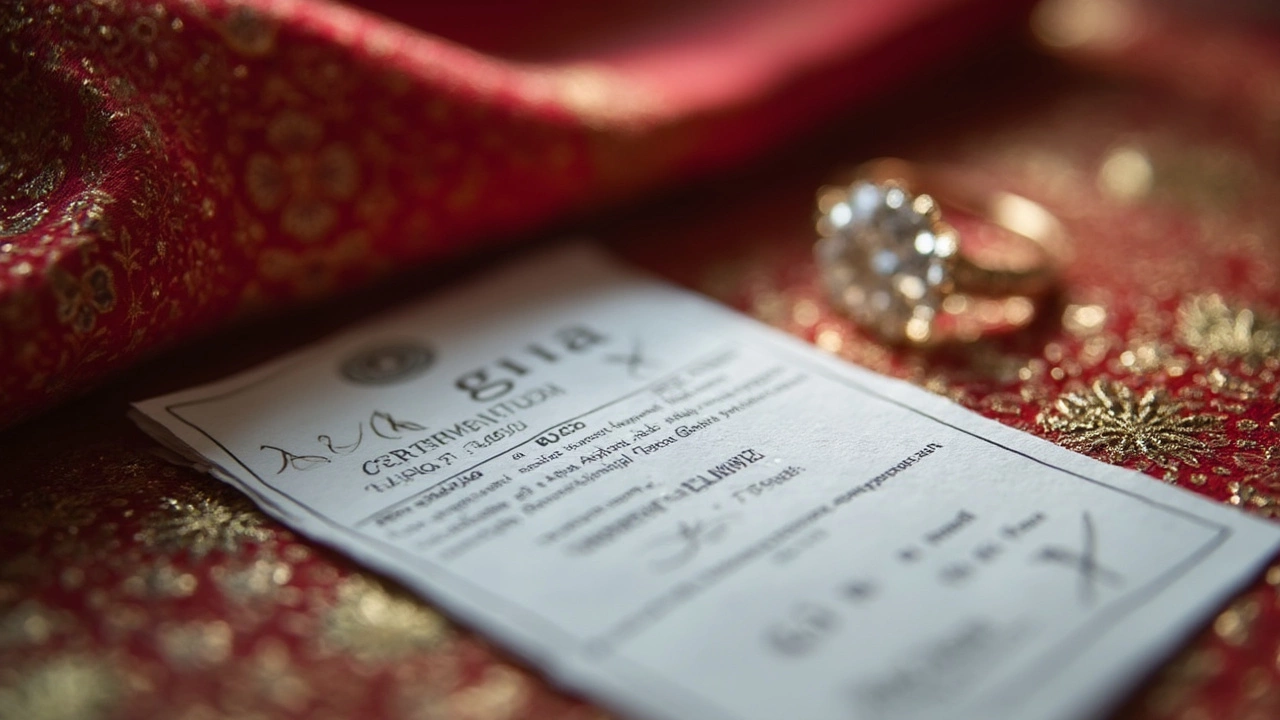
The Impact on Value and Resale
Alright, let's talk dollars and sense. When it comes to GIA certification, one of its biggest perks is how it can affect the value and resale of your diamond. Imagine if you decide to sell your diamond ring someday—having that GIA certificate could make a world of difference, like showing up to sell a car with a full service history.
Buyers are more trusting and often willing to pay more when there's a legit certificate backing up the diamond's qualities. It acts as a verified report card for your diamond, proving that it's up to the mark. Without it, buyers might hesitate, suspecting there might be something fishy about that gleaming stone.
Now, picture this. You’ve got a couple of diamonds—one with and one without a GIA certificate. The certified diamond not only fetches a higher price but also gets snapped up faster. It’s a fact—certified diamonds often sell at a premium, and the extra peace of mind for the buyer is a huge selling point.
Thinking long-term, a GIA certificate is like a lifetime warranty for your diamond. You know exactly what you’re dealing with, and so does the person you might one day sell it to. It keeps the transaction transparent and legit, ensuring you’re in the driver’s seat whether you’re buying, selling, or just holding onto your diamond as an investment.
- A GIA certificate can significantly boost a diamond's resale value.
- Buyers prefer certified diamonds, leading to quicker sales.
- Certified diamonds provide transparency and security in transactions.
When it comes to insurance, having that certificate in your personal vault can simplify policy paperwork. Insurers like knowing they’re not covering smoke and mirrors, and a GIA certified diamond backs up its claims, making those premiums possibly more competitive.
Tips for Buying Diamonds in India
Shopping for diamond rings in India can be a dazzling experience, but it can also be a bit overwhelming with the vast options available. Here are some handy tips to help make sure you get the best bang for your buck when you're investing in these sparkling beauties.
First off, always prioritize GIA certification. Diamonds with this certification give you a solid assurance of quality and authenticity. When a diamond is GIA certified, you're looking at a piece that has been assessed by the world’s top gemologists, who ensure the diamond genuinely matches the seller's claims.
Next, familiarize yourself with the 4Cs: cut, clarity, color, and carat weight. These are the key factors that determine the diamond’s quality and price. For many, focusing on the cut is crucial because it affects how much the diamond sparkles. A well-cut diamond can make even a smaller carat weight look stunningly brilliant. It's like finding the perfect balance, where each element accentuates the other.
Consider your budget and prioritize what's most important to you. If size matters more than perfection in clarity, then go for a diamond with a slightly lower clarity grade but larger in carat. For some, a well-cut diamond that has a great sparkle could outweigh having a flawless but smaller stone.
If you're visiting popular diamond markets in places like Surat or Mumbai, where you might encounter a wide range of retailers, remember to compare prices and grades. Haggling is not uncommon in India, and knowing exactly what you want helps in negotiating a fair deal. But always ensure that you’re getting what you pay for, so don’t shy away from asking for a GIA certificate.
It's also a wise idea to shop around during times when stores are likely to offer discounts, such as the wedding season or around major festivals like Diwali. Many jewelers have deals and it's a good opportunity to get a better price.
Lastly, double-checking with a trusted local jeweler can be helpful, especially if you want a second opinion on the authenticity of a diamond. However, always ensure that the jeweler you consult is reputable to avoid any kind of unnecessary drama with your purchase.

